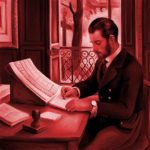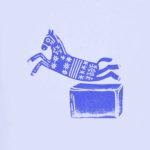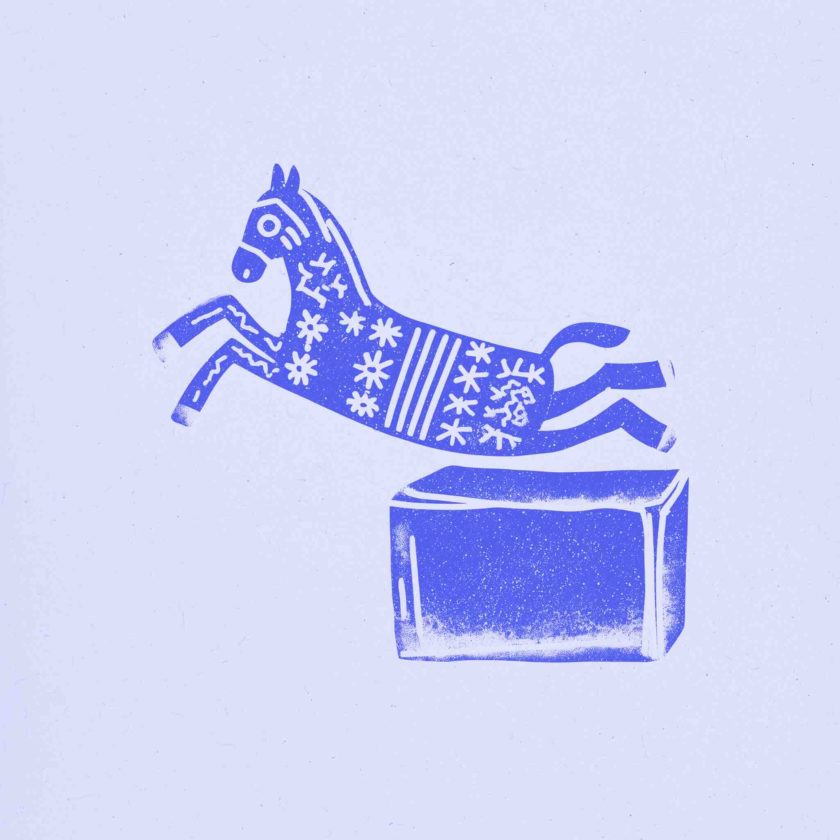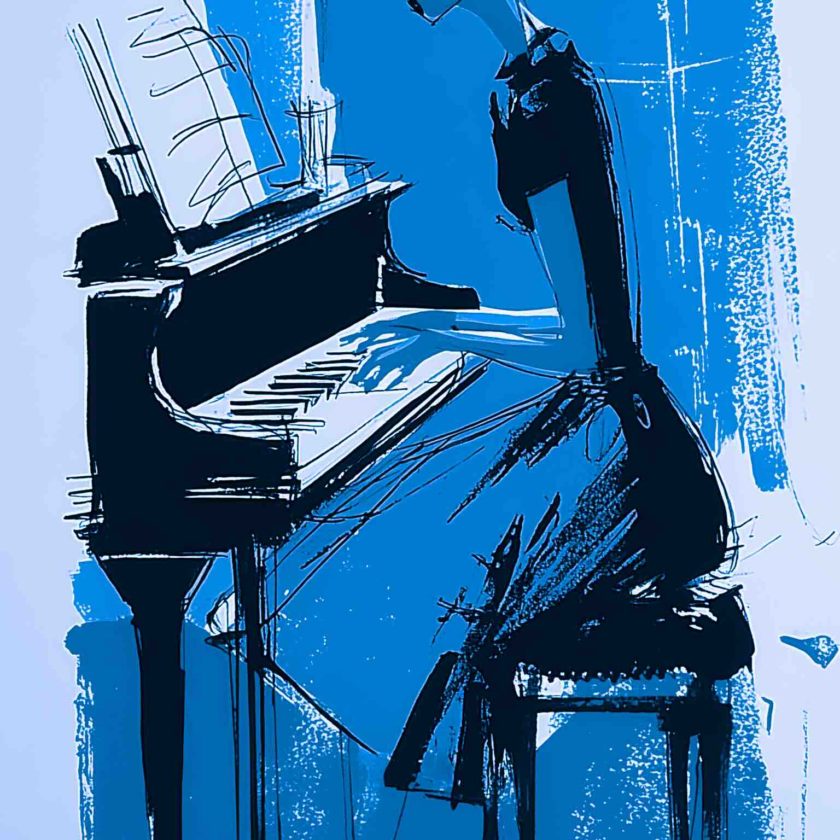It is easier to run away from the lesson than to accept the pain. Pain is rich in lessons, but few people want to attend its lessons.
When we suffer a breakup, we throw ourselves at the first person we meet with the idea of quickly forgetting the aftermath of the breakup. This approach, we all had it one day, but it should be seen as it is, that is to say the expression of our immaturity. All pain is hard to take, even the most insignificant, some undermine our morale, others make our self-esteem waver, yet pain is always a good advisor for those who know how to be patient.
Pain brings us knowledge that takes time to blossom like the bud of a flower in springtime. To get the most out of it, you have to accept the pain and become one with it. Imagine that you are a Greek hero who must triumph over tough creatures. Why do you think heroes are called that? It is above all because they have defeated beasts that were thought to be invincible. Whether it’s a gorgon or a chimera, the mythical animals are all more terrifying than the others. Does this mean that glory and triumph are reserved only for a Hellenic elite?
No, we all have within our reach the capacity to be spectacular even if these feats are intimate. When we face our demons, when we accept that suffering comes to us, but we grit our teeth and keep going, then we are well on the way to becoming wise or even heroic. What distinguishes a wise person from the common man is the experiences he has endured to reach his level of knowledge which has finally been embodied in his flesh. A heroic person is in fact, according to the Greek definition, half-human, half-divine. We must understand here that the divine dimension is more metaphorical than carnal: it is the human who has risen to the rank of divinity by the exploits he has performed. His nobility and courage made him worthy of being elevated to the rank of demi-god, that is to say, between men and gods: a man’s body with the spirit of God.
This analogy is not so different from the one proposed by the Bible, which was told in Greek and whose references were equally adapted to the Hellenistic world. Jesus, human but divine in spirit, revealed himself through the exploits – miracles – that he performed during his life and even after his death. It is clear that the nobility of the heart touches all those who place their ego below the cause they serve. This is the definition of courage, to be ready to risk one’s skin for a cause whose outcome is only uncertain.
Suffering is the basis of learning, your muscle to swell must undergo micro-lesions that will be filled by a protein intake. The same is true for wisdom, the doubts and misguidance you may experience in moments of crisis are cracks that are filled by the lessons you learn from courageous reflection and action in spite of the vagaries of life. Suffering is an integral part of the learning process. In this sense, it is the awareness of existing according to the learning matrix. As such, there are four levels in this matrix:
level 1: unconscious of our incompetence (comfort)
level 2: aware of our incompetence (insecurity)
level 3: aware of our competence (confidence)
level 4: unconscious of our competence (security)
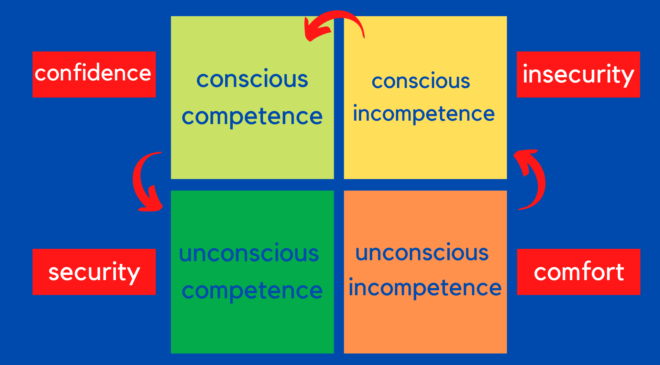
The pain is consequent of the awareness of our defects and the insecurity that it generates. It is thus more comfortable to remain in a form of ignorance and to refuse to learn anything. On the other hand, if we decide to choose the path of mastery in one of the areas we care about, pain is a necessary step that we cannot escape. So ask yourself, who are the wisest people around you? What do you know about their story? Have they faced challenges or endured great pain? Chances are, they have. People who have suffered are more likely to develop wisdom, if of course they have a good attitude and a reflective or even philosophical approach to what has happened to them.
Finally, it is not good to want to be a jack of all trades and to try to be a master in all dimensions of life, our life is too short for this purpose. It is much more reasonable to choose a path that will be similar to our vocation and that will be the one we will pursue all our life. This path does not necessarily have to be a profession because they come to be turned upside down or simply disappear, but rather a skill necessary to a profession that can be transposed to others later on. It can be the art of speaking or writing, the ability to understand people, the ability to reason logically, or the ability to quickly learn to master a tool, etc. And as far as the pains of life are concerned, in my opinion, one cannot escape them, one has to digest them, as one learns a lesson. Everyone has his own speed of learning, the trick is not to rush things at the risk of learning badly and repeating the same mistakes.


